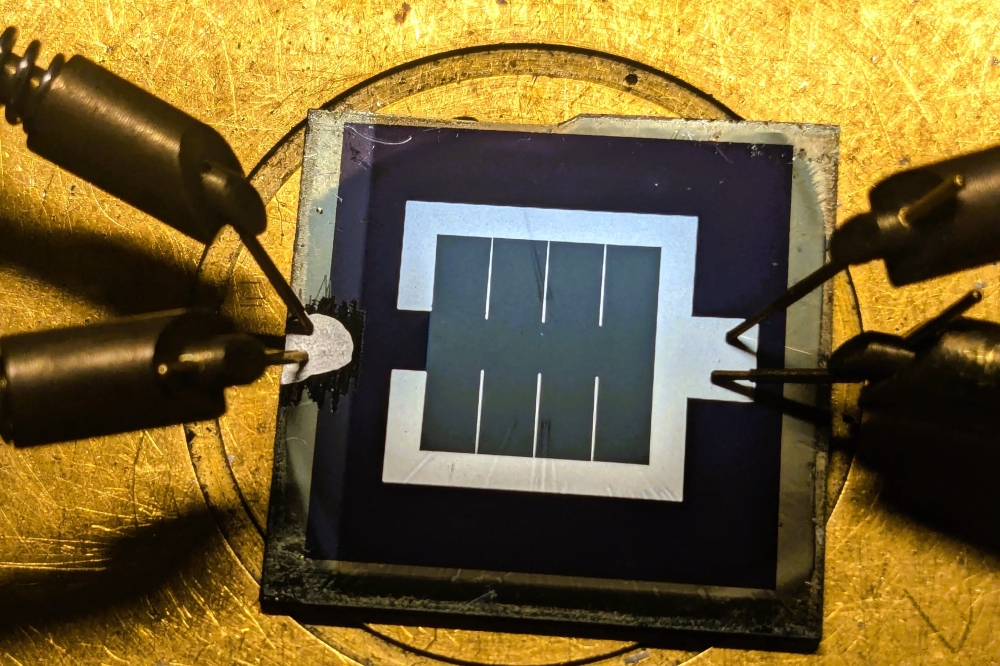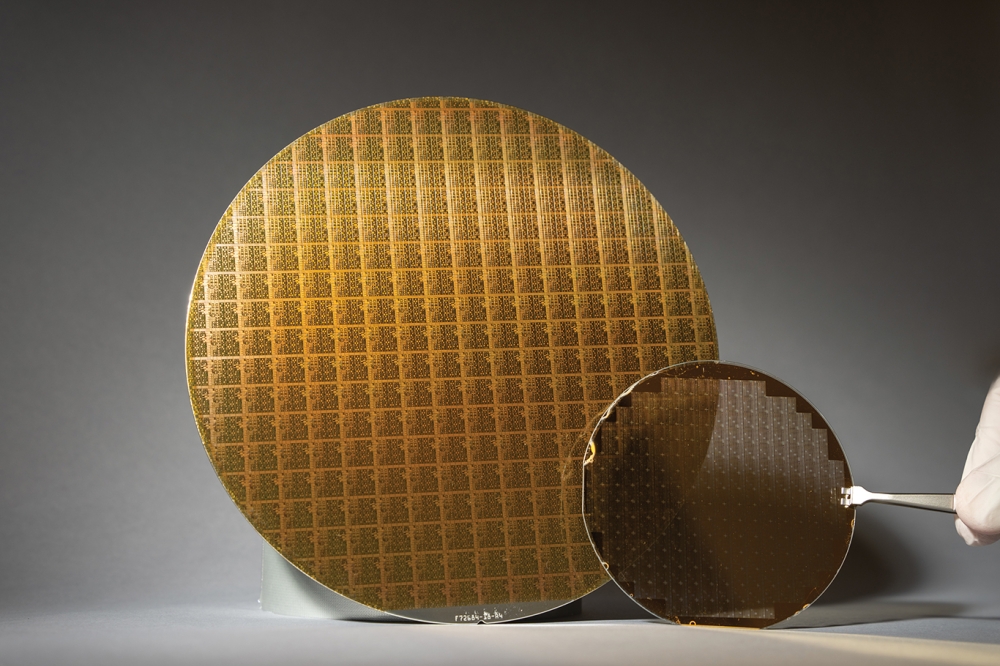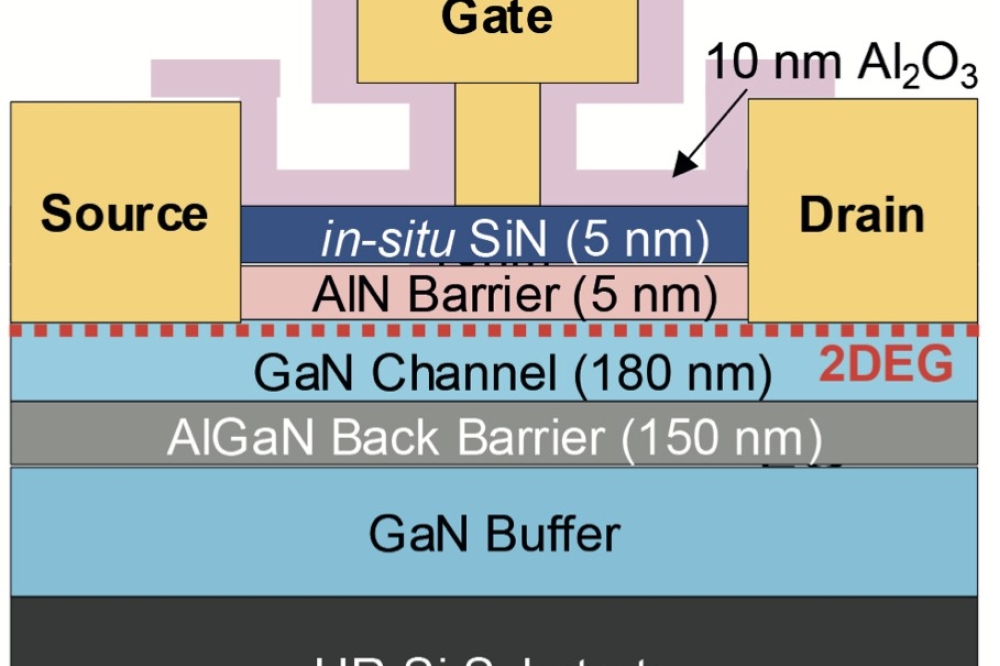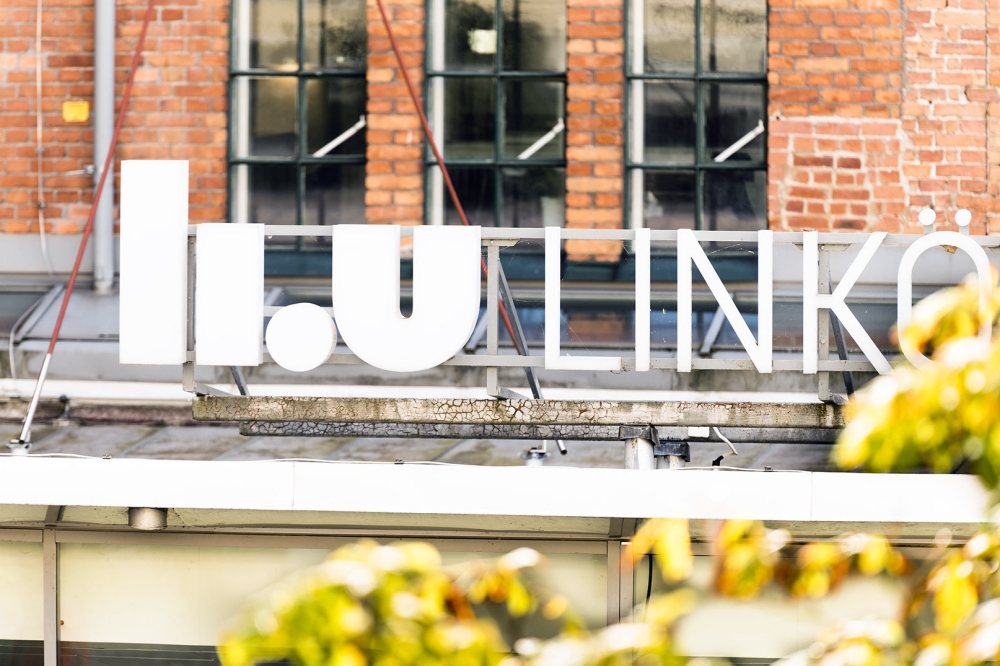POET Technologies Expects Prototypes in 2016

POET Technologies, a US developer of monolithic opto-electronic processes, has announced that based on a strong balance sheet it hopes to deliver its first prototypes in 2016.
"We start tomorrow's new quarter with a significantly strengthened balance sheet - with $20.5 million in cash, with only small operational liabilities," said executive co-chairman Peter Copetti in an operations update for investors.
"We expect these funds to provide about eight quarters of development runway, beyond the point of demonstrating working prototypes within the next year," added executive co-chairman Ajit Manocha.
The company says it is poised to roll out a monolithic opto-electronics process platform that enables improvements in energy efficiency, component cost and size in the production of smart optical components, driving applications ranging from data centers to consumer products.
"The company's patented module-on-a-chip process, which integrates digital, high-speed analogue and optical devices on the same chip, is designed to be the next industry standard for smart optical components fabrication," said Manocha.
"By adding electronics functionality to optics - lasers, detectors, IR sensors - POET powers 'smart' opto-electronic devices that demonstrate step-function improvements in low power performance, cost and size. Specifically applied to short reach VCSEL based transceivers for example, POET could enable up to ten times improvements in power consumption, component cost, and form factor," added the company's CEO Suresh Venkatesan.
"Put simply, that means we make what's on a wafer up to ten times more energy efficient, ten times cheaper and more than ten times smaller," he said. "And we believe we are the only company that could achieve this level of disruption."
The company claims that its technology enables the power of optical communications at potentially similar price points to copper.
"Advances in silicon technology enable hugely efficient computational efficiencies," said Venkatesan. "A single computation, for example, can be completed at fractions of pico-joules of energy. However, transmitting or communicating this piece of information over traditional copper interconnects can consume up to 100 times that energy.
"While optics can dramatically lower power consumption, we haven't seen any optical solution that has yet been cost-competitive with copper interconnects. The POET platform, when implemented, could change that - thus creating a discontinuity in traditional learning curves. We are providing a truly disruptive technology solution."
The company's initial market focus is short reach and very short reach data communications within data centers. The POET platform may subsequently be applicable to smart optical products with applications ranging from high-reliability defence, aerospace and energy applications to more common consumer devices.
Venkatesan said that the company's business model is expected to include a long-proven mixture of product sales and licensing; organic growth and acquisition; and direct and indirect sales. The company also expects to go to market primarily with partners - both in sales and manufacturing, such as its recent VCSEL manufacturing services agreement with a commercial foundry.
"Our partnerships bring scalable manufacturing and custom VCSEL foundry capabilities that we need to accelerate our lab-to-fab migration," said Venkatesan. "We are on-plan to begin transferring our proprietary technology in this year's Q4, which begins tomorrow - as well as to demonstrate integrated VCSEL prototypes in the second quarter of 2016."
Additionally, the company will be bringing the bulk of its operations to Silicon Valley in Q4 2015.


































